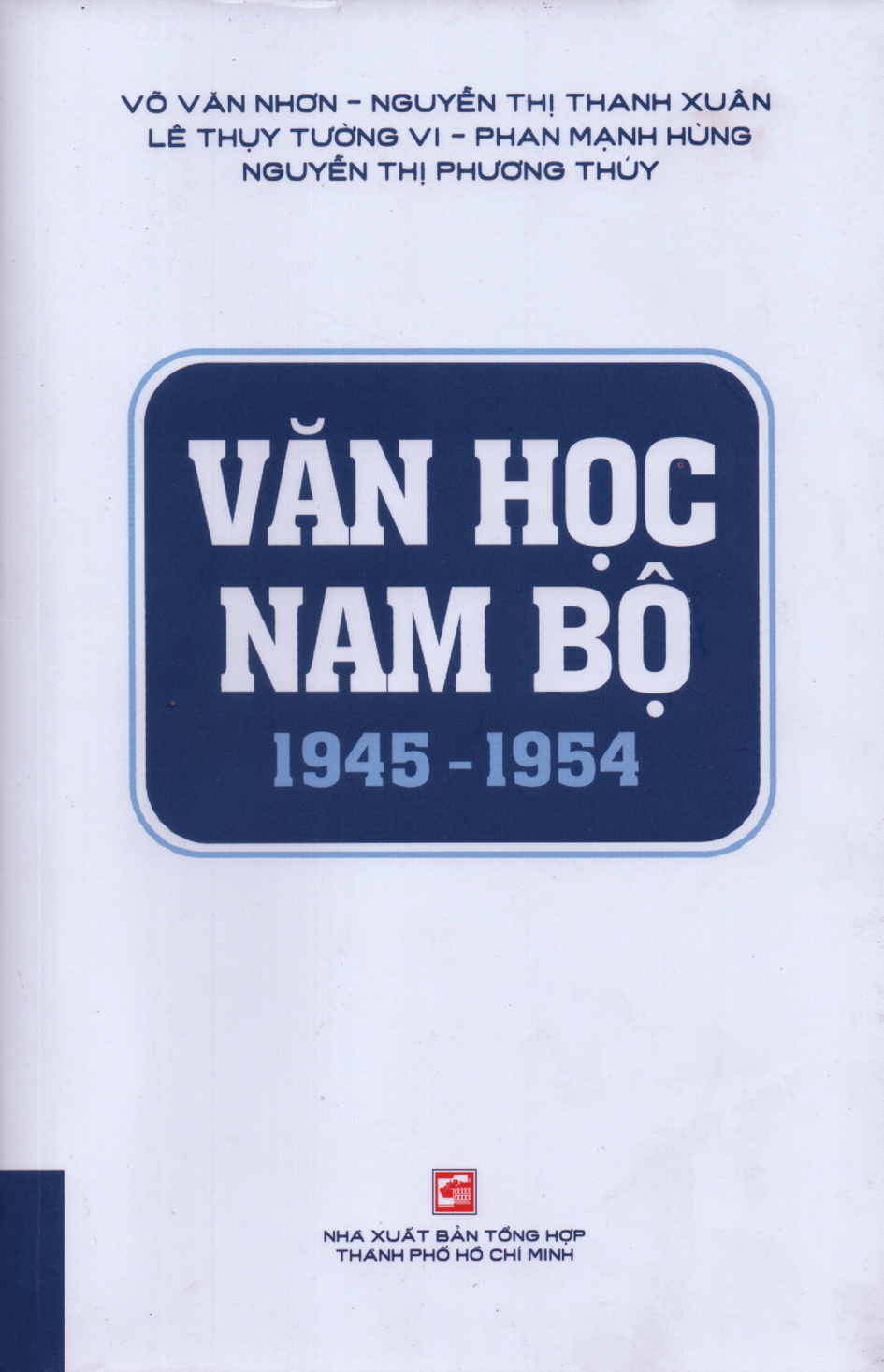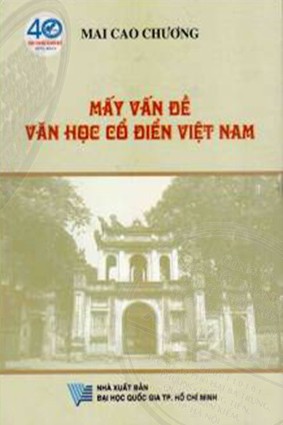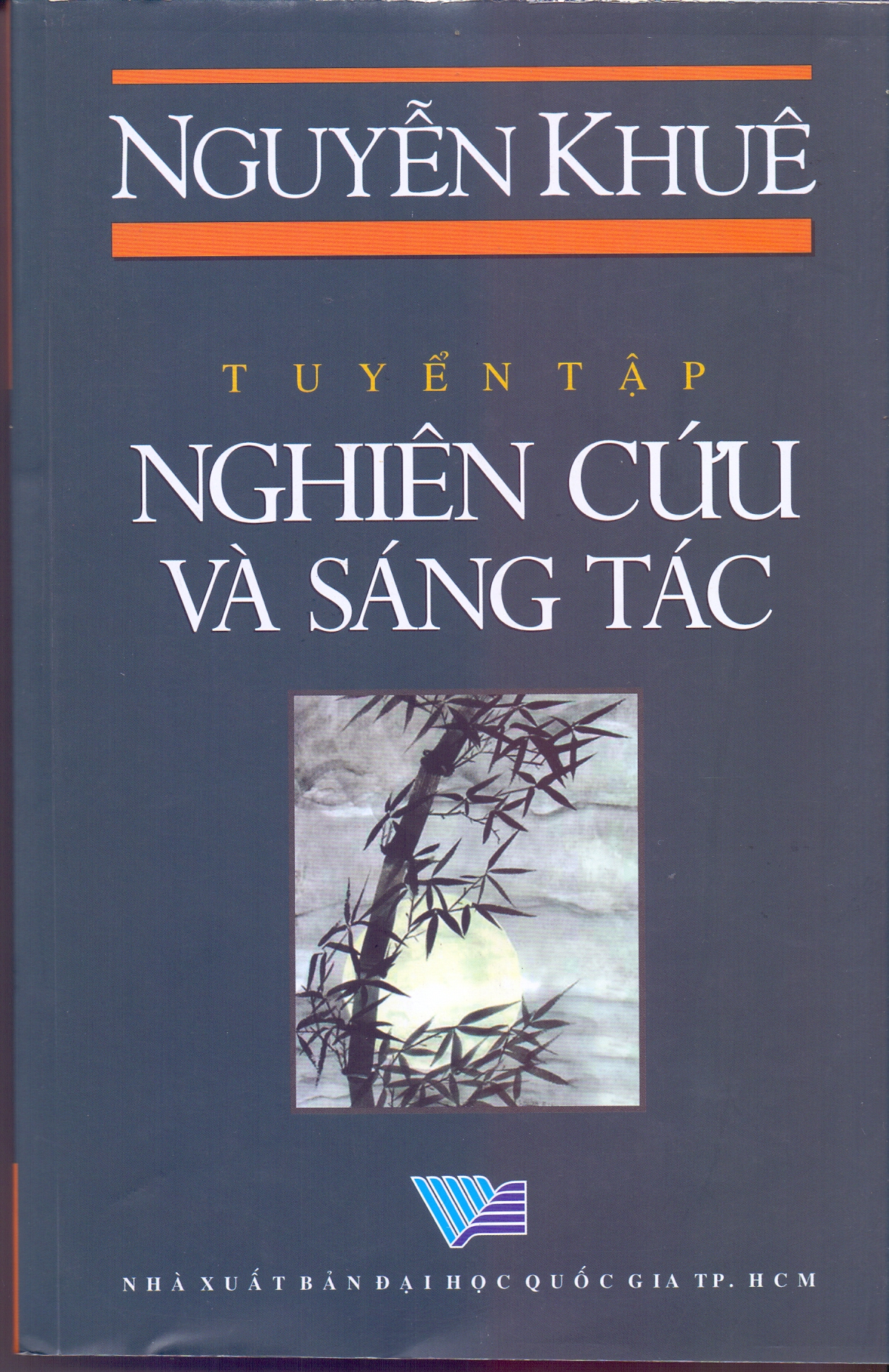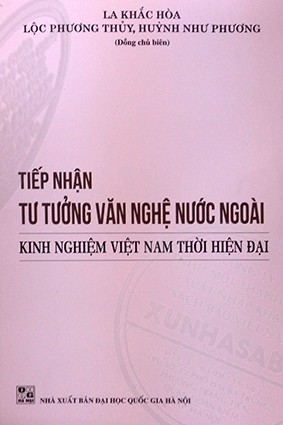Chau Minh Hung, MA
(Quy Nhon University)
ABSTRACT
Chinese poetics paralleled with Vietnamese poetry history and played an orthodox role in Vietnamese literature until the begining years of 20th century. However, this influence did not destroy the Vietnamese poetics, but always was generative by the inner movement of the national poetry. The structure and prosody of Chinese poetics has been Vietnamized in two ways: 1) by changing the line of verse, like seven word mixed with six word. 2) by hybridizing syntagms, like Ca trù artists.
At the begining of the 20th century, Chinese poetics lost its orthodox role in the poetry’s structure and prosody. With the influence of French new poetry and the consciousness of resurrection of the national cultural character, the process of Vietnamizing Chinese poetics has been happened comprehensively. All the strict rule and prosody of Chinese poetics has lost their hold in many ways: by elasticating the the line of verse, by enlarge the canto, by changing tone rules,…even has negatied by contrary sounds or parodical forms.
Vietnamese culture character, particularly, the popular Vietnamese poetry, is just the inner power to relive the traditional value of Vietnamese poetry in its interaction with different poetry in modernized process of the national poetry .
SỰ VẬN ĐỘNG CỦA THI PHÁP HÁN
TRONG THI CA VIỆT ĐẦU THẾ KỈ XX
Thi pháp Hán đi suốt chiều dài lịch sử thi ca Việt và chiếm địa vị chính thống trong văn học Việt Nam cho đến đầu thế kỉ XX. Tuy nhiên, sự ảnh hưởng này không tiêu hủy thi pháp Việt mà luôn tạo sinh bởi sự vận động nội tại của thi ca dân tộc. Cấu trúc, âm luật của thi pháp Hán đã từng được Việt hóa dưới hai dạng: 1) biến thể dòng thơ kiểu thất ngôn xen lục ngôn, 2) lai ghép ngữ đoạn dạng Ca trù.
Đầu thế kỉ XX, thi pháp Hán mất địa vị chính thống ở phạm vi khuôn khổ cấu trúc, âm luật. Ảnh hưởng thơ mới Pháp cùng với ý thức phục sinh bản sắc văn hóa dân tộc, quá trình Việt hóa thi pháp Hán đã diễn ra một cách toàn diện. Toàn bộ cấu trúc, âm luật chặt chẽ của thi pháp Hán được nới lỏng ra bằng nhiều phương thức: co giãn dòng thơ, mở rộng khổ thơ, cải biến âm luật thơ,… thậm chí bị phủ định bằng phương thức tạo ra các nghịch âm hoặc nhại…
Bản sắc văn hóa Việt mà cụ thể là thi ca dân gian chính là động lực nội sinh làm sống lại những giá trị truyền thống của thi ca Việt trong mối quan hệ tương tác với các nền thi ca khác trong quá trình hiện đại hóa thi ca dân tộc.
Châu Minh Hùng, Thạc sĩ
Nơi công tác: Trường Đại học Quy Nhơn
Điện thoại: 0982036175
Email: This email address is being protected from spambots. You need JavaScript enabled to view it.
Địa chỉ liên hệ: 08 Nguyễn Đình Thụ, P. Nguyễn Văn Cừ, TP. Quy Nhơn









